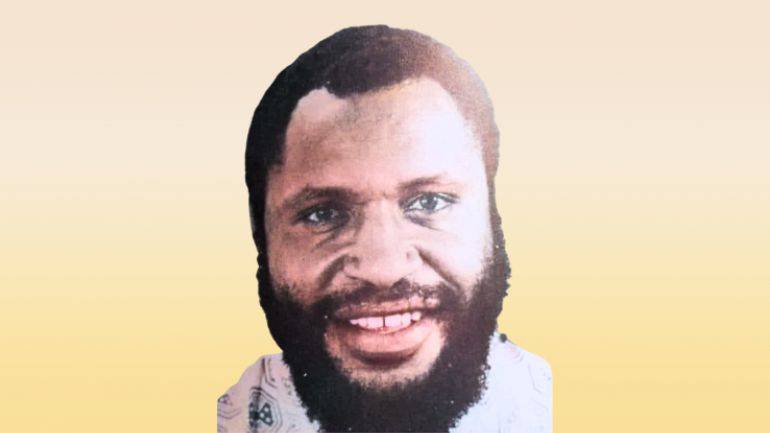Anton Parao: Highlands leader and founding voice of Papua New Guinea

The journey of Papua New Guinea to independence is illuminated by the contributions of courageous and visionary leaders.
Among them, the Honorable Anton Parao of Pina Parish, Catholic Diocese of Wabag, stands out as a pioneering figure whose integrity, foresight, and steadfast dedication helped shape the nation’s democratic foundations.
A Highland Voice for the Nation
Anton Parao emerged as a key national figure during the 1972 general elections, a pivotal moment in Papua New Guinea’s road to self-rule. Running under the United Party, he was elected as a member of the House of Assembly for the Western Highlands Regional seat—then an expansive area that now comprises Enga, Western Highlands, and Jiwaka provinces. With over 100,000 votes, his overwhelming mandate reflected widespread trust in his leadership across the Highlands.
Deeply rooted in the Catholic faith, nurtured by his Pina Parish and the Diocese of Wabag, Parao brought a moral clarity and commitment to justice that resonated with rural communities and political colleagues.
Champion of the Constitution
Parao’s enduring contribution came through his work with the Constitutional Planning Committee (CPC), formed in June 1972 to chart the course toward independence. As one of its respected members, he advocated for a constitution that embraced Papua New Guinea’s vast cultural diversity, including customary laws and traditional governance systems.
To Parao, the constitution was more than a legal framework—it was the spiritual and social glue of the nation. He believed it should reflect the identity of a people united by diversity and shaped by deep communal values.
Defender of Democratic Principles
In Parliament, Parao became known for upholding democratic integrity. In April 1974, he courageously criticized the government for sidelining private members’ time in Parliament—a bold move that underscored his belief in participatory governance and the vital role of backbenchers.
This stance was more than procedural; it was principled. For Parao, democracy meant every elected representative, especially those from remote provinces, must have a voice in shaping the nation's future.
Papua New Guinea on the Global Stage
Parao also represented the hopes of Papua New Guinea on the international stage. In June 1972, he addressed the United Nations Trusteeship Council in New York, firmly opposing external pressure, particularly from the Australian Labor Party, to fast-track independence without full local preparedness.
He asserted Papua New Guinea’s right to choose its path, emphasizing national dignity and self-determination. His speech earned respect internationally and bolstered the country’s standing during a delicate political transition.
Political Challenges and Regional Leadership
Despite his influence, Parao’s political journey was not without turbulence. Internal disputes led to his expulsion from the United Party in 1977. Nevertheless, his service continued. After Enga Province was carved out in 1974, Parao became its first political representative, focusing his efforts on shaping provincial governance and identity.
Although Parao lost his seat in the 1977 elections to Paul Paken Torato, he continued to be regarded as a respected elder statesman. His contributions to provincial development and national unity have inspired many, especially in Enga and the greater Highlands region.
A Legacy of Faith and Service
As Papua New Guinea marked 50 years of independence, the nation remembered leaders who shaped its foundations. Anton Parao was rightfully honored as one of the most influential leaders to rise from the Highlands. His leadership reflected deep Catholic values—humility, service, and justice—which guided his every political decision.
Parao’s life story is not merely one of political service but of moral vision. He demonstrated leadership lies in humility, inclusivity, and steadfast faith. His journey from Pina Parish to Parliament and the United Nations stands as a beacon for future generations.
As Papua New Guinea continues to navigate its challenges and opportunities, the legacy of Hon. Anton Parao will inspire new leaders, especially from rural and underserved communities, to build a nation rooted in justice, tradition, and unity.








